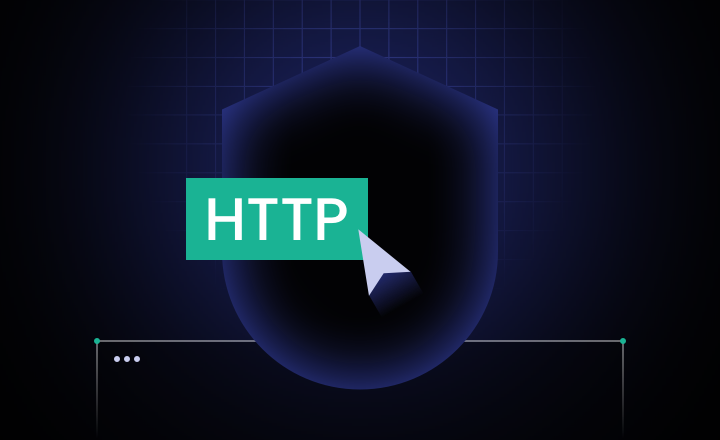
<p>In the vast structure of the internet, the<strong> </strong><a href="https://www.lokiproxy.com/" rel="noopener noreferrer" target="_blank">rotating proxy</a> plays a crucial role in maintaining online security and data privacy. By dynamically assigning different IP addresses, it allows rapid switching of connection identities, reducing the risk of blocks while ensuring stable and secure access. Beyond safeguarding anonymity, IP proxy technology has become essential for data analysis, ad verification, and global marketing. This article explores the fundamentals, categories, and real-world applications of IP proxies.</p><p> </p><p>1. <strong>How IP Proxies Work</strong></p><p>An IP proxy acts as an intermediary between a user and a target server. Instead of sending a request directly, the proxy forwards it on behalf of the user. The target website only sees the proxy’s IP, not the real one. This mechanism hides the user’s identity, bypasses regional restrictions, and enhances connection stability—making it indispensable for long-running tasks such as automated scraping or SEO monitoring.</p><p> </p><p><strong>2. Major Types of IP Proxies</strong></p><p>● <strong>Datacenter Proxy</strong></p><p> Generated by cloud servers, datacenter proxies are known for high speed and low latency—ideal for bulk data collection and automation. However, their artificial nature makes them easier to detect.</p><p>● <strong>Residential Proxy</strong></p><p> These use IPs from real home networks, accurately simulating natural user behavior with high anonymity. They’re widely used for e-commerce price comparison, SEO tracking, and content verification.</p><p>● <strong>Mobile Proxy</strong></p><p> Based on 4G/5G carrier networks, mobile proxies provide the most realistic traffic behavior. Their strong resistance to bans makes them popular in social media management and marketing automation.</p><p> </p><p><strong>3. Practical Applications of IP Proxies</strong></p><p>● <strong>Web Scraping and Market Research</strong></p><p> By rotating IPs, data collection tools can avoid detection and maintain stable large-scale scraping.</p><p>● <strong>Brand Protection and Ad Verification</strong></p><p> Simulate users from various regions to verify ad display accuracy and prevent fraudulent clicks.</p><p>● <strong>Privacy and Security Enhancement</strong></p><p> Hide true identities, prevent tracking, and create safer browsing environments.</p><p> </p><p>4. <strong>Choosing the Right Proxy Service</strong></p><p>Selecting the right proxy depends on your needs. High-frequency requests benefit from dynamic proxies, while residential or mobile proxies are better for authentic traffic analysis. Reliability, IP rotation quality, and stability are key performance factors.</p><p><br></p><p><strong>Conclusion</strong></p><p>The importance of IP proxy technology extends far beyond simple anonymity—it’s a cornerstone of the data-driven era. Whether for analytics, ad monitoring, or global business intelligence, choosing the right protocol and provider is critical to efficiency and success. Among many protocols, <a href="https://www.lokiproxy.com/" rel="noopener noreferrer" target="_blank">socks5 </a>stands out for its speed, flexibility, and security, making it the preferred choice for advanced users.</p>
